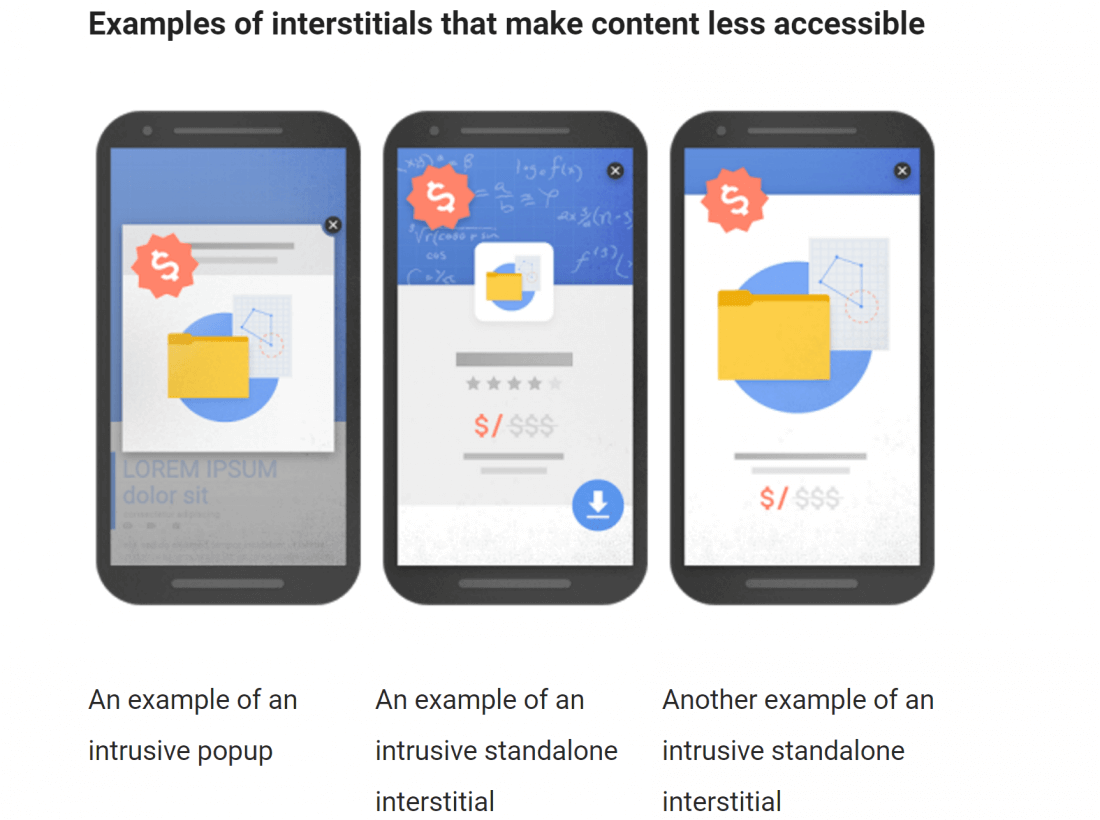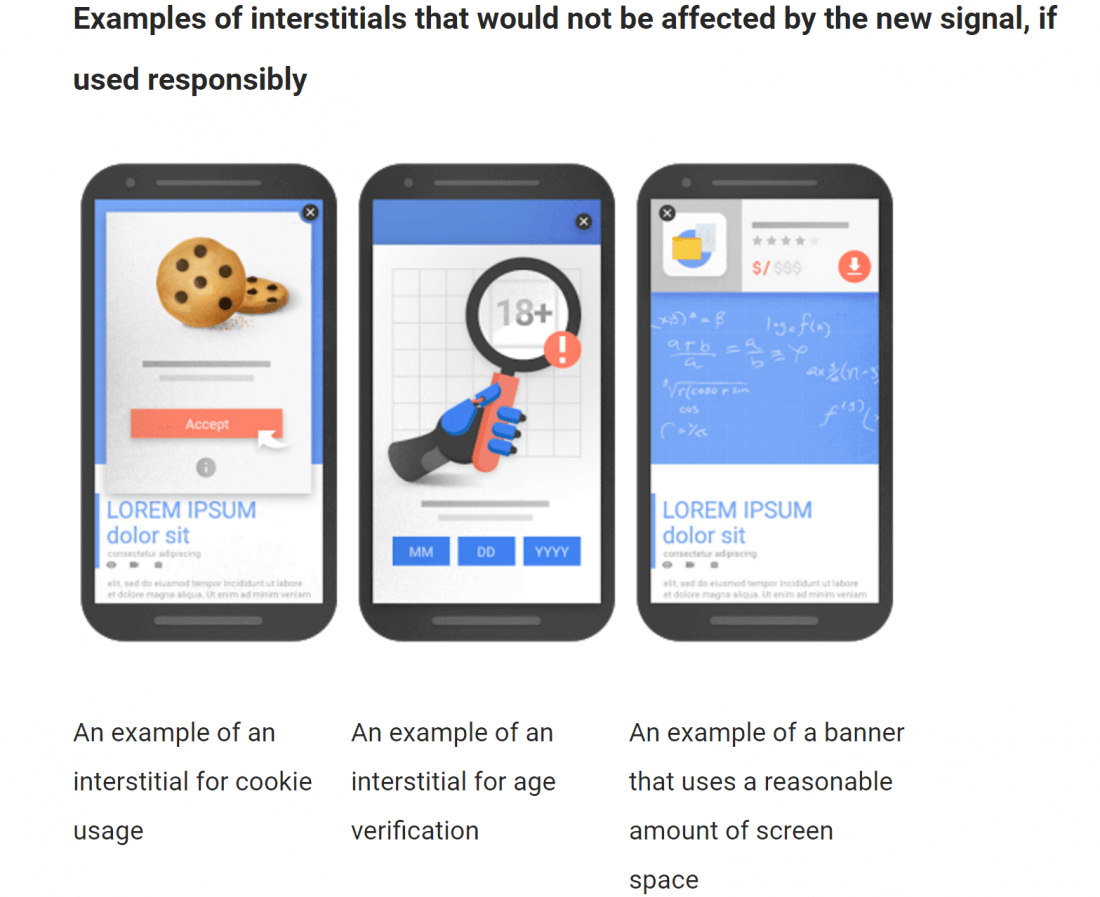As the mobile web continues to grow at a rapid pace, so does the number of annoying pop-ups and interstitials. Google knows how irritating these can be to users, which is why it's decided to do something about it. The company reasons that as most sites using these ads offer a poorer experience, their rankings should be penalized in the mobile search results.
The change, due to come into effect on January 10, 2017, is one of two being brought in by Google. The other is the dropping of its "mobile-friendly" label used to identify which pages are optimized for smartphones.
Mobile sites that Google classes as suitable for mobile will continue to rank higher in the search results, but now, two years after the label was introduced, 85% of sites meet the mobile-friendly criteria, so Google decided it's no longer necessary.
Google's upcoming policy change on sites that use interstitials - the kind of ads that appear before you can access a site's main content, or ones that cover a site until they're dismissed - will hopefully see their use diminish.

The company said that once the change takes place, "pages where content is not easily accessible to a user on the transition from the mobile search results may not rank as highly [in Google search]."
Not every site that uses pop-ups and overlays will be punished. Interstitials that are used to verify someone's age or to provide cookie information are okay, as are banners that take up "a reasonable amount of screen space."

Google points out that the new signal is just one of hundreds that are used in rankings. And while using interstitials could affect a site's position, it may still rank highly if it has "great, relevant content."
